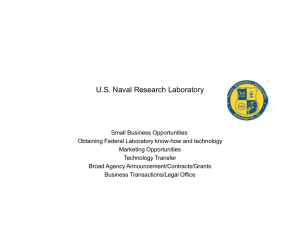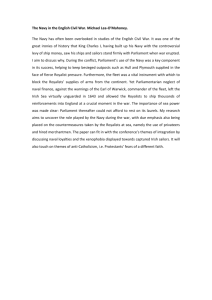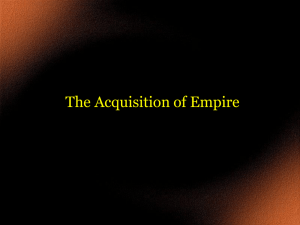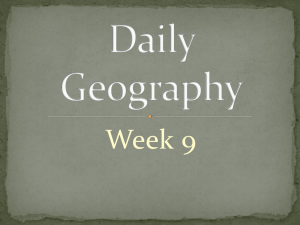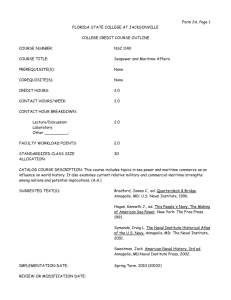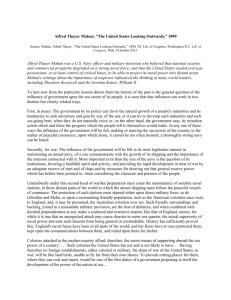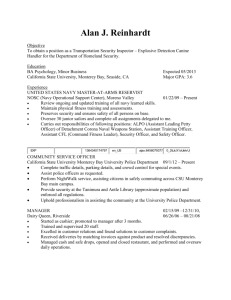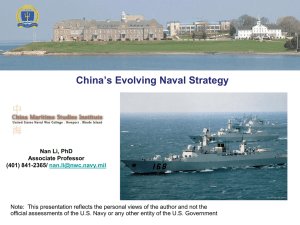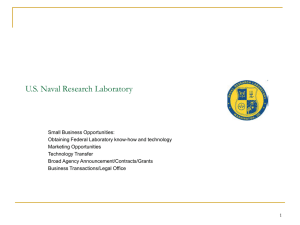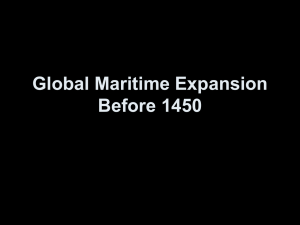France
advertisement
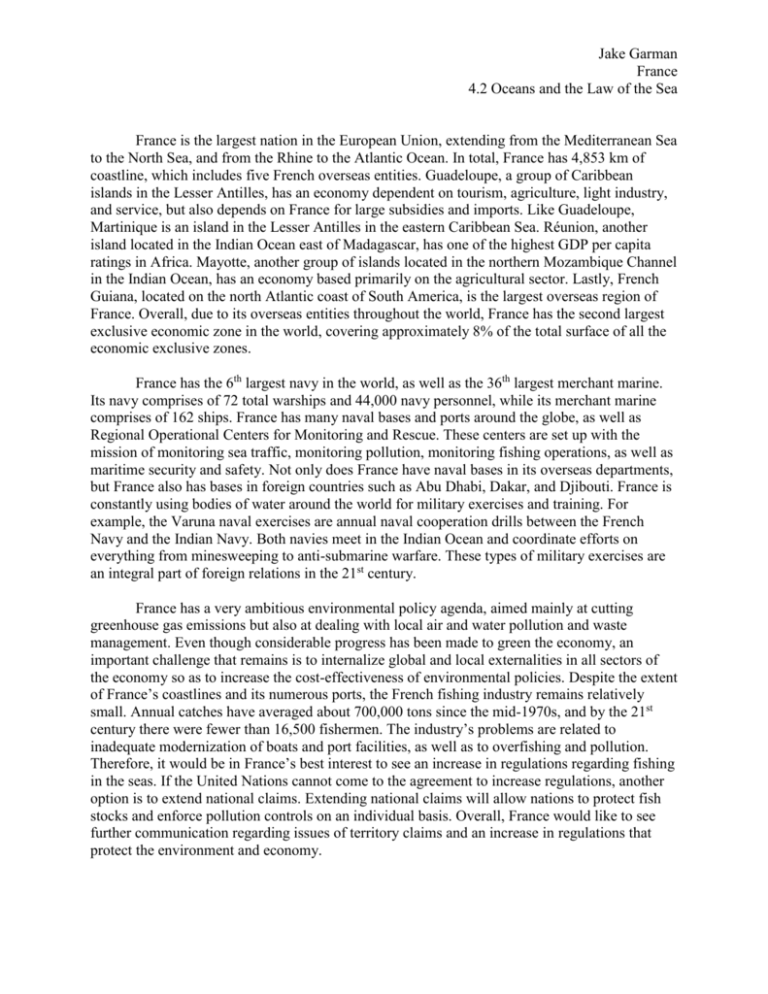
Jake Garman France 4.2 Oceans and the Law of the Sea France is the largest nation in the European Union, extending from the Mediterranean Sea to the North Sea, and from the Rhine to the Atlantic Ocean. In total, France has 4,853 km of coastline, which includes five French overseas entities. Guadeloupe, a group of Caribbean islands in the Lesser Antilles, has an economy dependent on tourism, agriculture, light industry, and service, but also depends on France for large subsidies and imports. Like Guadeloupe, Martinique is an island in the Lesser Antilles in the eastern Caribbean Sea. Réunion, another island located in the Indian Ocean east of Madagascar, has one of the highest GDP per capita ratings in Africa. Mayotte, another group of islands located in the northern Mozambique Channel in the Indian Ocean, has an economy based primarily on the agricultural sector. Lastly, French Guiana, located on the north Atlantic coast of South America, is the largest overseas region of France. Overall, due to its overseas entities throughout the world, France has the second largest exclusive economic zone in the world, covering approximately 8% of the total surface of all the economic exclusive zones. France has the 6th largest navy in the world, as well as the 36th largest merchant marine. Its navy comprises of 72 total warships and 44,000 navy personnel, while its merchant marine comprises of 162 ships. France has many naval bases and ports around the globe, as well as Regional Operational Centers for Monitoring and Rescue. These centers are set up with the mission of monitoring sea traffic, monitoring pollution, monitoring fishing operations, as well as maritime security and safety. Not only does France have naval bases in its overseas departments, but France also has bases in foreign countries such as Abu Dhabi, Dakar, and Djibouti. France is constantly using bodies of water around the world for military exercises and training. For example, the Varuna naval exercises are annual naval cooperation drills between the French Navy and the Indian Navy. Both navies meet in the Indian Ocean and coordinate efforts on everything from minesweeping to anti-submarine warfare. These types of military exercises are an integral part of foreign relations in the 21st century. France has a very ambitious environmental policy agenda, aimed mainly at cutting greenhouse gas emissions but also at dealing with local air and water pollution and waste management. Even though considerable progress has been made to green the economy, an important challenge that remains is to internalize global and local externalities in all sectors of the economy so as to increase the cost-effectiveness of environmental policies. Despite the extent of France’s coastlines and its numerous ports, the French fishing industry remains relatively small. Annual catches have averaged about 700,000 tons since the mid-1970s, and by the 21st century there were fewer than 16,500 fishermen. The industry’s problems are related to inadequate modernization of boats and port facilities, as well as to overfishing and pollution. Therefore, it would be in France’s best interest to see an increase in regulations regarding fishing in the seas. If the United Nations cannot come to the agreement to increase regulations, another option is to extend national claims. Extending national claims will allow nations to protect fish stocks and enforce pollution controls on an individual basis. Overall, France would like to see further communication regarding issues of territory claims and an increase in regulations that protect the environment and economy.

